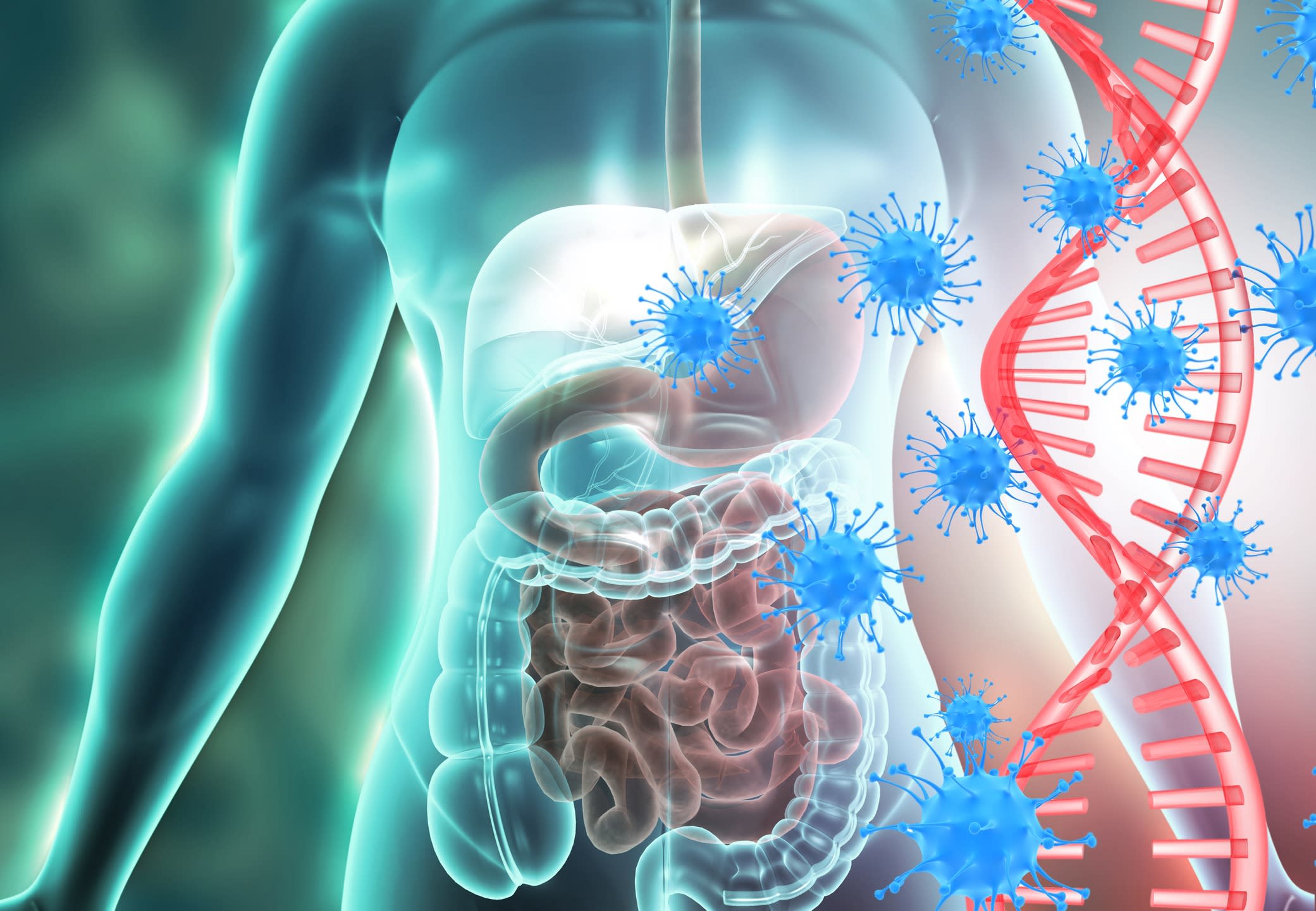Autoimmune diseases occur when the body’s immune system mistakenly attacks its own cells, tissues, and organs. These diseases can affect various parts of the body, leading to chronic conditions that impact a person’s quality of life. With over 80 different autoimmune diseases identified, their prevalence and impact on global health are significant. This article explores the causes, symptoms, diagnosis, treatment, and overall impact of autoimmune diseases.
What Are Autoimmune Diseases?
The immune system is designed to protect the body from harmful invaders like bacteria and viruses. However, in autoimmune diseases, the immune system malfunctions and attacks healthy cells. This results in inflammation, pain, and damage to tissues and organs.
Common Autoimmune Diseases
- Rheumatoid Arthritis (RA): A condition where the immune system attacks the joints, causing pain, swelling, and eventual joint deformity.
- Type 1 Diabetes: The immune system destroys insulin-producing cells in the pancreas, leading to high blood sugar levels.
- Multiple Sclerosis (MS): An autoimmune attack on the central nervous system, affecting movement, vision, and coordination.
- Lupus (Systemic Lupus Erythematosus – SLE): A disease that causes inflammation affecting multiple organs, including the skin, joints, and kidneys.
- Celiac Disease: A reaction to gluten that damages the small intestine, leading to digestive issues and nutrient deficiencies.
- Psoriasis: A skin condition caused by immune system overactivity, resulting in red, scaly patches on the skin.
Causes and Risk Factors
The exact cause of autoimmune diseases is unknown, but researchers believe a combination of genetic and environmental factors plays a role. Some common risk factors include:
- Genetics: Family history increases the likelihood of developing an autoimmune disease.
- Environmental Triggers: Exposure to infections, toxins, or dietary factors can activate autoimmune responses.
- Hormones: Many autoimmune diseases are more common in women, suggesting a link to hormonal influences.
- Chronic Stress: Long-term stress may weaken the immune system and contribute to autoimmune conditions.
Symptoms of Autoimmune Diseases
Symptoms vary depending on the disease but often include:
- Chronic fatigue
- Joint pain and swelling
- Skin rashes
- Digestive problems
- Fever and inflammation
- Muscle weakness
Diagnosis
Diagnosing autoimmune diseases can be challenging due to their overlapping symptoms. Doctors may use:
- Blood Tests: Checking for specific antibodies and markers of inflammation.
- Imaging Tests: X-rays, MRIs, and CT scans to assess organ damage.
- Biopsy: Examining tissue samples for signs of autoimmune activity.
- Medical History and Physical Examination: A thorough evaluation by a healthcare provider.
Treatment and Management
There is no cure for autoimmune diseases, but treatment focuses on managing symptoms and reducing inflammation. Common treatment options include:
- Medications:
- Corticosteroids to reduce inflammation.
- Immunosuppressants to prevent the immune system from attacking healthy cells.
- Biologic therapies targeting specific parts of the immune system.
- Lifestyle Changes:
- A balanced diet rich in anti-inflammatory foods.
- Regular exercise to maintain mobility and overall health.
- Stress management techniques such as meditation and yoga.
- Alternative Therapies:
- Acupuncture, herbal supplements, and dietary changes may help some individuals manage symptoms.
The Impact of Autoimmune Diseases
1. Physical Health
Autoimmune diseases can lead to chronic pain, organ damage, and disability. Conditions like rheumatoid arthritis and multiple sclerosis may result in mobility issues, affecting daily activities.
2. Mental Health
Living with a chronic illness can cause anxiety, depression, and emotional distress. The uncertainty and limitations imposed by autoimmune diseases can be mentally exhausting.
3. Economic Burden
Treatment costs, frequent doctor visits, and loss of productivity contribute to financial strain. Many individuals require lifelong medication and medical care, increasing healthcare expenses.
4. Social and Family Life
Chronic illnesses can impact relationships, social activities, and work-life balance. People with autoimmune diseases may experience isolation due to fatigue and mobility challenges.
Advances in Research
Scientists are continuously studying autoimmune diseases to develop better treatments. Recent advancements include:
- Gene Therapy: Exploring genetic modifications to prevent autoimmune reactions.
- Precision Medicine: Tailoring treatments based on individual genetic and immune profiles.
- New Drug Development: Innovations in biologic drugs and immunomodulators to target
Autoimmune diseases pose significant challenges, affecting millions worldwide. While there is no cure, early diagnosis and proper management can help improve the quality of life for those affected. Ongoing research and advancements in medicine offer hope for better treatments and potential cures in the future. Raising awareness and understanding these diseases is crucial for early detection, support, and better health outcomes.

